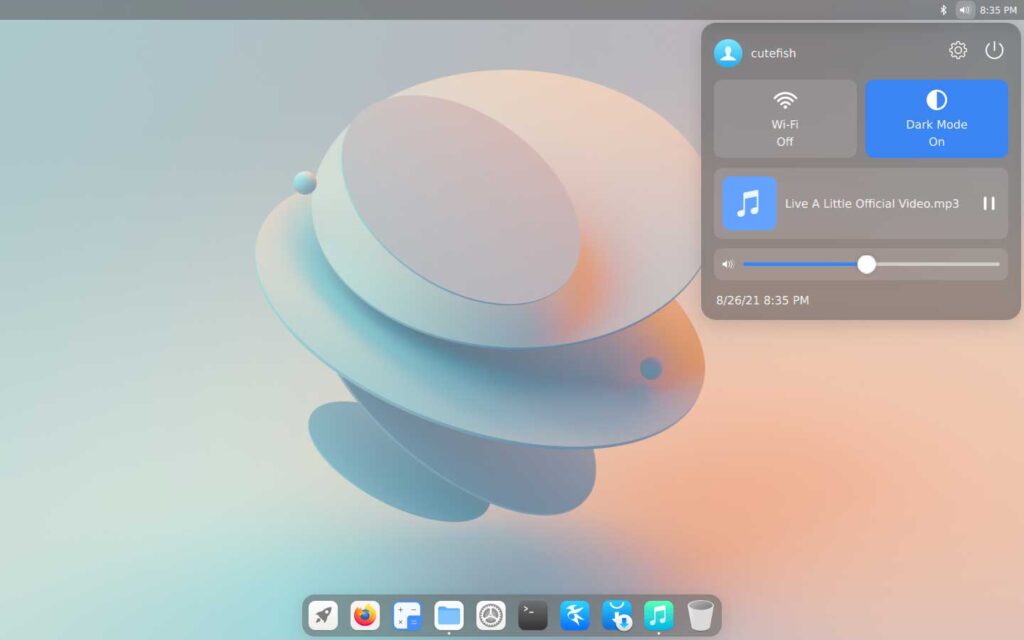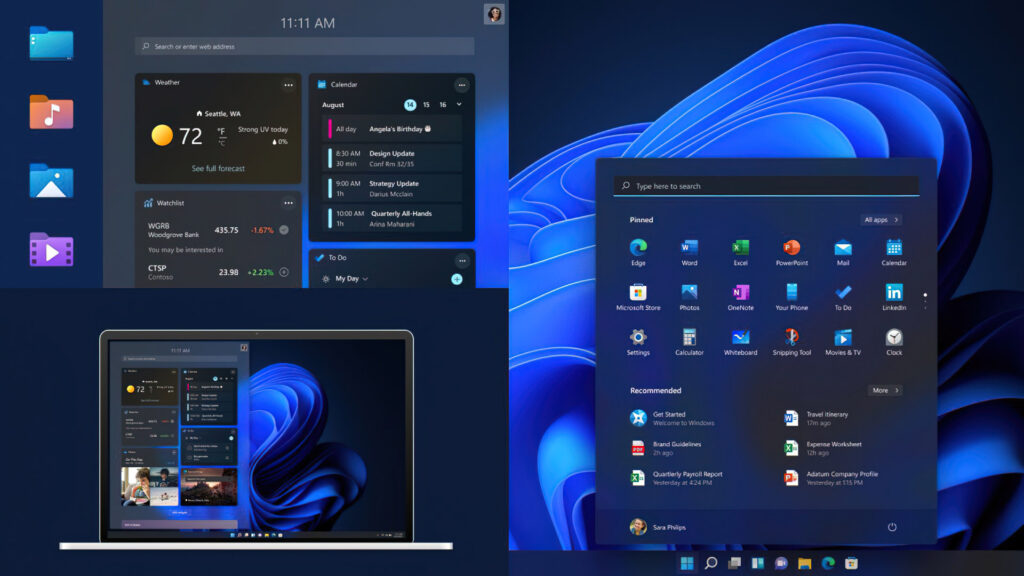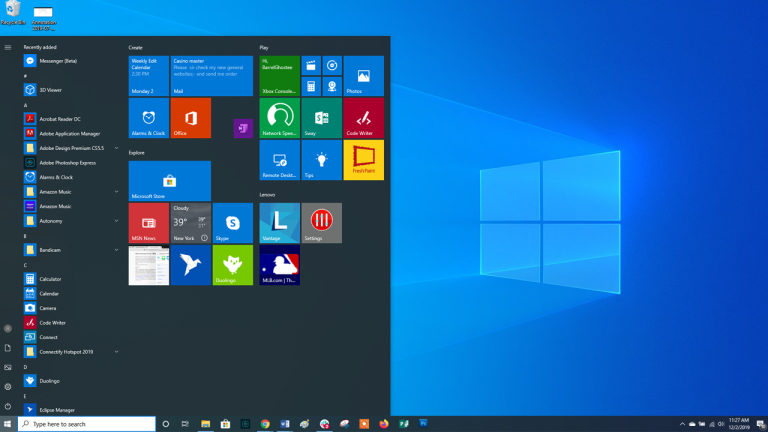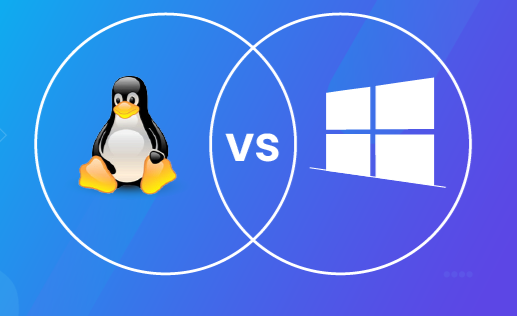Linux and Windows are both popular operating systems used by millions of people around the world. While both operating systems have their own strengths and weaknesses, there are several reasons why Linux is considered by many to be a better choice than Windows.

- Open source Linux is an open-source operating system, which means that its source code is freely available to anyone to view, modify, and distribute. This allows for a high degree of customization and flexibility, as users and developers can modify the code to suit their specific needs. In contrast, Windows is a proprietary operating system, which means that the source code is not publicly available, and users are limited to what Microsoft provides.
- Security Linux is generally considered to be more secure than Windows. The open-source nature of Linux means that security vulnerabilities can be identified and addressed quickly by a large community of developers. Additionally, Linux has a more robust security model than Windows, with built-in features like file permissions, firewall, and SELinux that help prevent unauthorized access and protect against malware.
- Stability Linux is known for its stability and reliability, which makes it a popular choice for servers and mission-critical systems. Linux systems can run for months or even years without needing to be rebooted, and updates can be installed without disrupting the system. In contrast, Windows can be prone to crashes and instability, particularly when updates are installed.
- Cost One of the most significant advantages of Linux is its cost. Linux is free to download and use, and many popular distributions, such as Ubuntu and Debian, come with a wide range of pre-installed software. This makes Linux an attractive option for individuals and organizations looking to save on software licensing costs.
- Performance Linux is known for its performance and speed, particularly when running on older or less powerful hardware. Linux is designed to be lightweight and efficient, and it can run on a wide range of hardware configurations. This makes Linux an excellent choice for systems with limited resources, such as embedded devices and servers.
- Customizability Linux offers a high degree of customizability, which allows users to tailor the operating system to their specific needs. Users can choose from a wide range of desktop environments, window managers, and software packages, and they can modify the source code to add or remove features as desired. This flexibility is not available in Windows, which is designed to work in a specific way and is limited to the features provided by Microsoft.

In conclusion, Linux offers several advantages over Windows, including open source, security, stability, cost, performance, and customizability. While Windows remains a popular choice for many users and organizations, Linux is an excellent option for those looking for a free, reliable, and customizable operating system.

